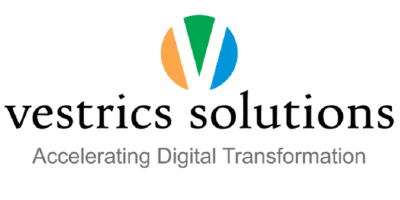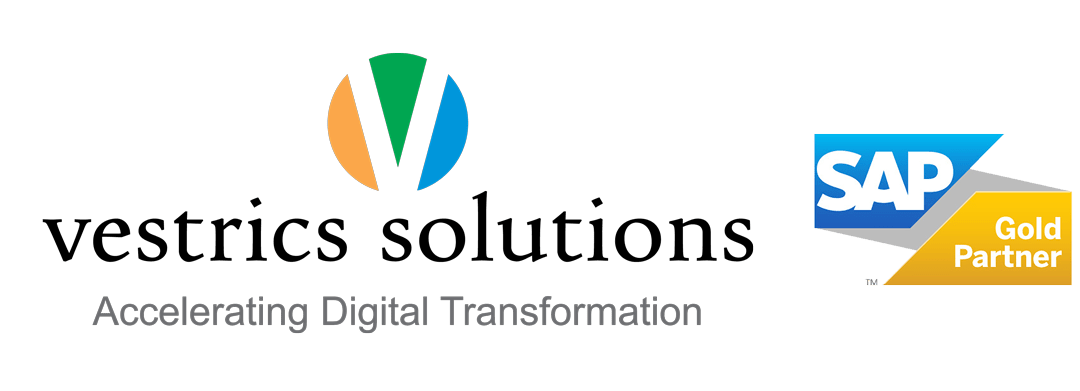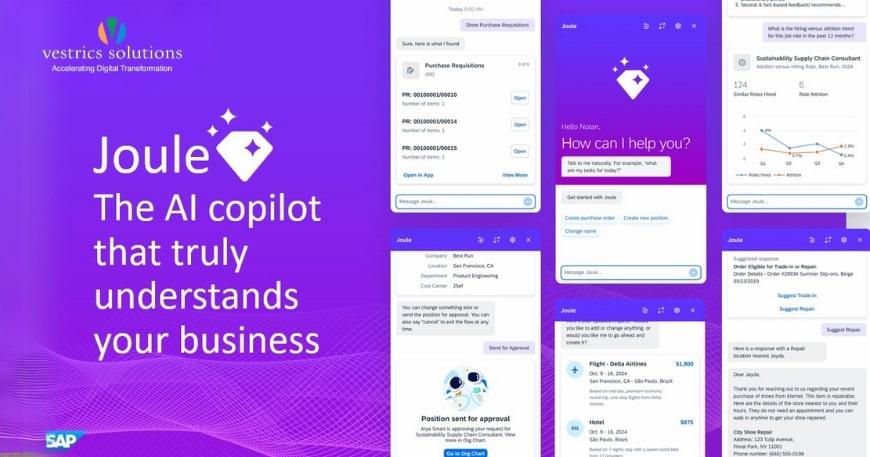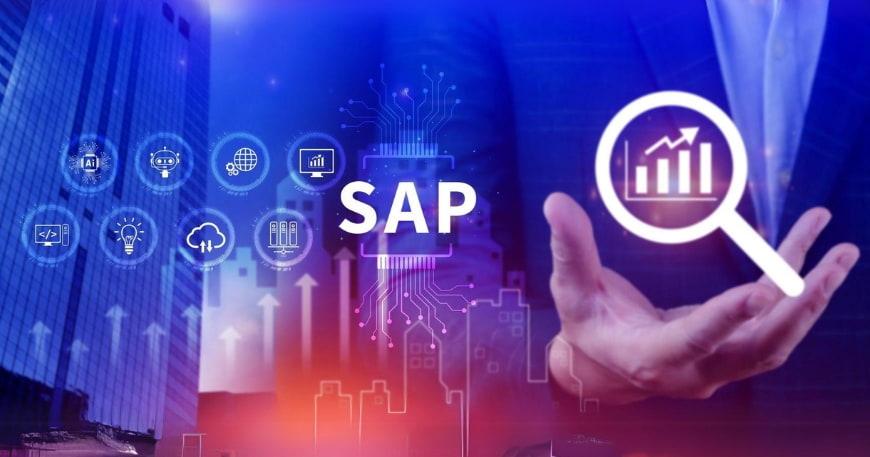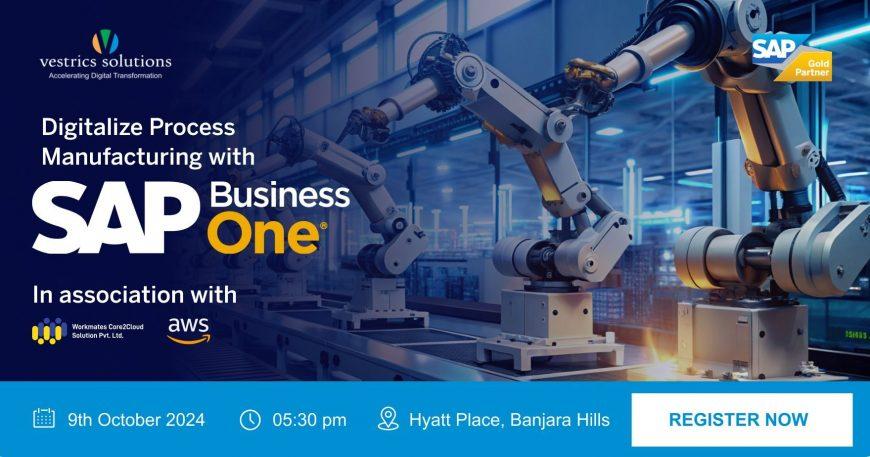Better Omnichannel Experience: How SAP Integration Transforms Retail
Retailers today face the challenge of managing multiple disconnected systems, leading to inefficiencies and errors. Whether it’s inventory discrepancies or poor customer data insights, these challenges can harm both the bottom line and customer satisfaction. SAP integration connects all systems in real-time, breaking down silos between online, offline and mobile platforms, ensuring that retailers can deliver a smooth and efficient omnichannel experience. Let’s dive into how SAP is transforming the way retailers operate and engage with their customers. What is Omnichannel Retailing? Omnichannel retailing is the practice of creating unified customer experience across multiple channels, such as online stores, physical stores, mobile apps, social media, and customer service touchpoints. Unlike multichannel retailing, where each channel operates independently, omnichannel retailing connects and integrates these channels to offer a smooth, consistent experience. Customers can browse products online and purchase in-store or order online for delivery, all while receiving personalized service at each touchpoint. The Role of SAP in Omnichannel Retail Transformation SAP is a leading ERP system that helps businesses manage various operational processes, including inventory, sales, procurement, and customer relationships. When it comes to omnichannel retailing, SAP plays a crucial role in unifying these operations by offering seamless integration across platforms. Through SAP’s advanced solutions, retailers can synchronize online and offline sales channels, provide real-time inventory updates, personalize customer experiences, and streamline supply chain management. This ensures that all retail channels are working cohesively to deliver a consistent and efficient service, both for the business and the consumer. Key Features of SAP Integration for Retail SAP integration for retail offers several essential features that help businesses improve performance and customer satisfaction: Real-Time Inventory Management: SAP ensures accurate and up-to-date stock levels across all channels. This allows retailers to prevent stockouts, improve order fulfillment, and offer “Buy Online, Pick Up In-Store” (BOPIS) capabilities seamlessly. Centralized Customer Data: SAP integrates customer data across all touchpoints, allowing businesses to personalize marketing, promotions and shopping experiences based on purchasing history, preferences and behavior. Unified Order Management: With SAP, retailers can track orders across different sales channels, ensuring that customers receive timely and accurate order updates, whether they’re shopping online, in-store, or via mobile. Personalized Customer Engagement: SAP’s CRM capabilities allow retailers to offer personalized recommendations, promotions and offers based on their previous interactions, improving customer satisfaction and loyalty. Advanced Analytics and Reporting: SAP’s reporting tools offer deep into customer behavior, sales trends and inventory management empowering retailers to make data-driven decisions. Benefits of SAP Integration for Retailers SAP integration offers a wide range of benefits to retailers, including: Enhanced Customer Experience: SAP provides seamless and consistent experience across all channels, ensuring smooth transitions between online and offline shopping. This makes it easier for customers to shop their way, enhancing satisfaction and loyalty. Operational Efficiency: SAP automates key retail operations such as inventory management, order processing, and customer service. By reducing manual tasks and minimizing errors, it accelerates delivery times and increases overall business efficiency. Improved Decision-Making: With real-time data and advanced analytics, retailers can make informed decisions on everything from pricing strategies to inventory levels. SAP helps businesses remain agile and responsive to changing market trends. Cost Savings: By streamlining operations and reducing inefficiencies, SAP helps retailer lower operational costs. Whether it’s reducing excess inventory or optimizing logistics, SAP enables better resource management, ultimately leading to cost savings. Scalability and Growth: SAP’s flexible solutions are designed to scale as your business grows. Whether you’re expanding to new regions or launching additional sales channels, SAP supports growth without disrupting your operations. Real-World Examples: Retailers Succeeding with SAP Integration Several leading retailers have leveraged SAP integration to transform their omnichannel experience and achieve success. Here are a few examples: Walmart: By integrating SAP with its vast network of retail locations, online stores and mobile platforms, Walmart provides a seamless shopping experience for customers. With accurate, real-time inventory data and unified order management, Walmart has successfully integrated its online and offline sales channels, offering services like BOPIS and same-day delivery. Nike: Nike has used SAP’s solutions to centralize customer data and provide personalized recommendations across its online and in-store channels. Through SAP, Nike can track customer preferences, offer exclusive deals, and provide cohesive experience for both digital and physical retail shoppers. Best Buy: With SAP, Best Buy has integrated its e-commerce platform with its brick-and-mortar stores. This enables real-time inventory updates, smoother product availability checks and faster order processing – all contributing to a more enjoyable shopping experience for customers. Improved Customer Engagement through SAP One of the key outcomes of SAP integration in omnichannel retailing is improved customer engagement. By centralizing data and streamlining operations, SAP enables retailers to: Offer personalized promotions and content based on customer preferences. Create tailored shopping experiences both online and offline. Engage customers at the right time through multiple touchpoints, such as email, mobile apps and social media. Provide excellent customer support with real-time access to order statuses, delivery tracking and product availability. When a retailer understands the customer’s journey, preferences, and behaviors, it becomes easier to provide relevant and valuable experiences that drive loyalty and sales. The Future of Omnichannel Retail with SAP As retail evolves, SAP will play a crucial role in shaping the future of omnichannel retailing. With the rise of AI, machine learning, and data analytics, SAP will enable retailers to offer even more personalized experience. Its integration with advanced technologies will enhance inventory management, order fulfillment, and customer insights, making the omnichannel experience more seamless and efficient. Additionally, as sustainability and ethical practices become more important to consumers, SAP’s integration with supply chain and logistics management will allow retailers to meet consumer demand for transparency and eco-friendly practices, while also improving operational efficiency. Conclusion SAP integration transforms retail by centralizing data, streamlining operations, and providing real-time insights, enabling a seamless and personalized shopping experience. With enhanced efficiency, customer engagement, and cost savings, retailers can stay competitive. As technology advances, SAP’s role in omnichannel retail will continue to shape the future of the industry. About Vestrics As
